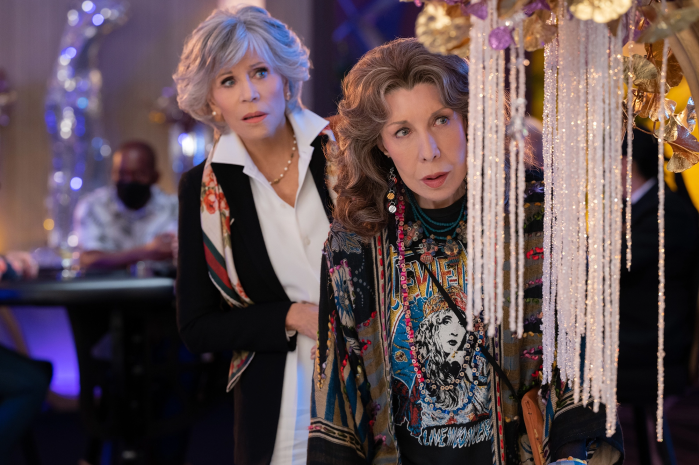Supreme Court mulling decision on OSHA’s ETS on COVID-19 | 2022-01-12
Washington — Who gets to make your mind up how to shield staff in opposition to COVID-19? That was one particular of the central concerns posed by opponents of OSHA’s unexpected emergency short-term standard on COVID-19 vaccination, tests and masking in the course of a Jan. 7 listening to right before the U.S. Supreme Courtroom.
Scott Keller, lawyer for the Nationwide Federation of Impartial Business, offered the concern in a reaction to questioning from Justice Stephen Breyer early in the two-hour listening to. “You reported the concern is, ‘Who decides?’” Justice Elena Kagan said to Keller later in the listening to. “I feel which is correct. I feel that is the dilemma.”
Kagan contended in her questioning that OSHA has authorities on place of work security and is politically accountable to the community by using the election of presidents and representatives in Congress.
“Courts are not politically accountable,” she claimed. “Courts have not been elected. Courts have no epidemiological expertise. Why in the globe would courts determine this problem?”
Keller and Ohio Solicitor Standard Benjamin Bouquets contended that Congress didn’t give OSHA clear authority to deal with vaccinations in the Occupational Basic safety and Well being Act of 1970. The duo also argued that states and personal firms can choose how to protect personnel from COVID-19.
Chief Justice John Roberts expressed equivalent ideas to U.S. Solicitor Basic Elizabeth Prelogar, who was arguing on behalf of the govt.
“It seems like the type of matter that states will be responding to, or need to be, and Congress really should be responding to, alternatively than agency by agency of the federal authorities and the govt department performing on your own.”
Justice Sonia Sotomayor talked about that “certain states … are stopping companies from necessitating vaccines” and masks.
“Why shouldn’t the federal govt, which … Congress has resolved to give OSHA the electricity to control office safety, have a national rule that will shield employees?” she asked.
Reading from the OSH Act, Sotomayor mentioned that Congress gave OSHA the authority to create “innovative solutions, approaches and methods for working with occupational wellbeing and security difficulties.”
Prelogar pointed to Portion 20(a)(5), which reads: “Nothing in this or any other provision of this act shall be considered to authorize or call for healthcare assessment, immunization, or remedy for those who object thereto on spiritual grounds, other than exactly where this sort of is needed for the protection of the health and fitness or safety of others.”

